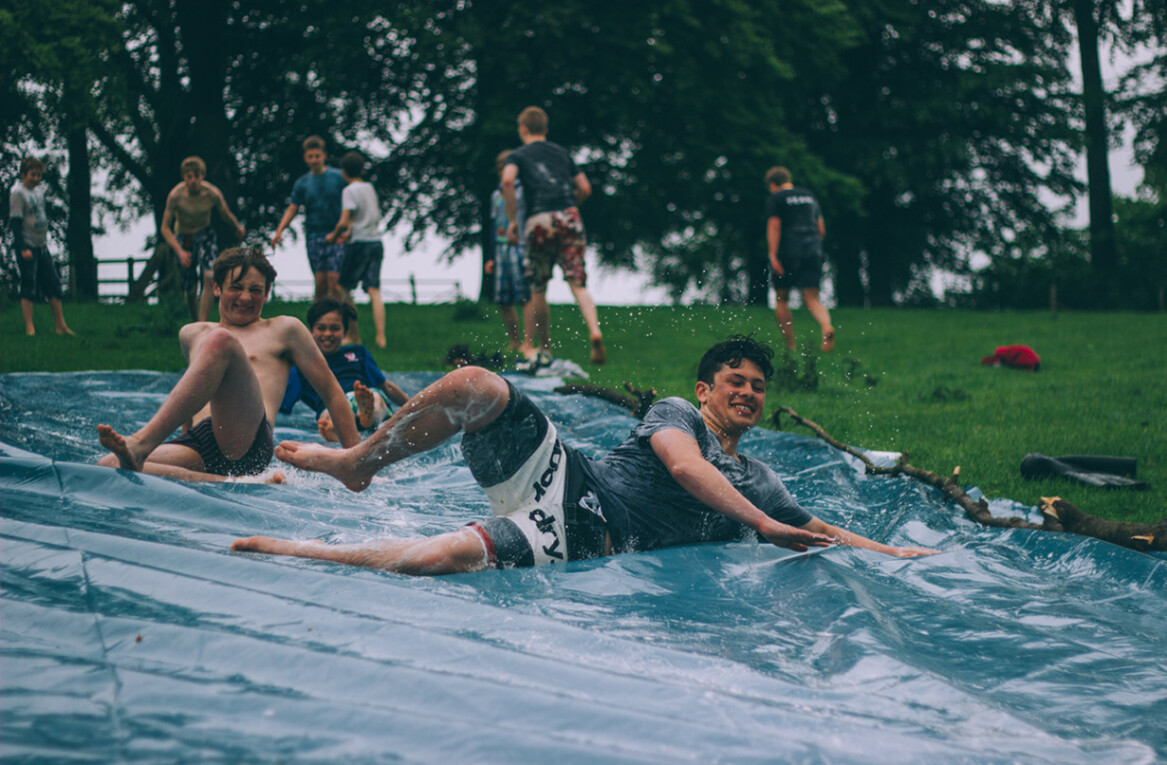
It’s 2016, so it’s pretty common for us to have multiple social media accounts that we use for different things; some of those accounts may be more for our personal lives while others we use for our professional lives.
While we do our best to keep them separate, it doesn’t always work that way. We may slip and share a personal opinion that could be controversial on the wrong social media account. Or, it’s possible that something we say intended for our close friends and family may make its rounds in the very public world of the web.
Those of us who make a living being online, building and maintaining a reputation online should be one of our main priorities as citizens and workers on the web. However, because we’re online so much, we also are driven to share our personal lives as well.
So while many of us live between a professional online life and a personal online life, how can we manage them both without having a possible slip that could harm our reputations and possibly our jobs?
Know your audience.
If it wasn’t obvious, the best way to help keep your sanity and privacy when building your business’ reputation is to keep separate accounts – one for your personal life and one for your company.
But sometimes this isn’t possible. Sometimes you are your brand.

Change your overall social media mindset.
I’m certain at one time or another we’ve all felt like we’re sharing too much online, or have been told that we share too much. Regardless if what you’re sharing is business or personal, a change in mindset about how we approach social media may be one of the best ways to keep from having a possible mishap that could ruin our reputation.
While I recommended having separate accounts above, it may be worth taking that a step further and treating every account as if it’s a business, public account. When you think of anything and everything you’re sharing could be seen, that shapes your mindset and you may overall find yourself less willing to share everything.
Keep your accounts secure.
Hackers know no bounds. If you become well known enough, or upset the wrong group of people, you could find yourself right in the middle of a hack. Hackers have been known to hack into accounts, take them over, and leak sensitive and damning information, ruining the lives of the who they hacked.

What is online stays forever.
We should also know by now that whatever gets put on the web, then removed, is not really removed for good. Tweet something bad, then delete it, doesn’t mean it’s gone forever. If you’re popular enough, your misstep in tweeting or sharing something you shouldn’t, or posting on the wrong account, will be recorded and screenshot for wide sharing.
Before posting something on one of your social media accounts, no matter if it’s a professional or personal account, always take a second to think about what could come of what you post. f that info is seen by the wrong people, could it hurt your reputation?
Always maintain a filter.
To keep something from coming back and harming your reputation or your company is to just be super mindful of what you share, even when you feel you’re sharing it with your private community. As stated above, taking a few moments to reflect on what you’re about to share could help keep a major issue from happening.

Consider keeping professional accounts off your mobile devices.
Another consideration is to overall not have your public, business, or professional accounts on your phone or tablet. Don’t even log in if you don’t need to. Not having these accounts logged in all the time on your phone will help keep you from sharing something bad.
By not having these accounts on your phone, there is a reduced chance of accidentally sharing something to the wrong account, someone getting your phone and sharing to those accounts, or you possibly saying something in the heat of a moment or while possibly temporarily incapacitated (i.e. drinking).
Putting it all together
Mistakes and mishaps happen, especially in the social media world where sending a tweet is as easy as two taps on your phone and a keyboard. When you’re building an online reputation for yourself or your company, these mishaps can cost you your reputation, your job, or even your company.
Take care in what you share online and with who, take steps to separate your professional and personal lives, and be careful of the things you say even if you think it’s private. Practicing the tips above will help make it less likely you will slip up and say something you shouldn’t and damaging your reputation.
Need some inspiration on creating your personal brand? Find out more with The Power of Personal.
Get the TNW newsletter
Get the most important tech news in your inbox each week.






